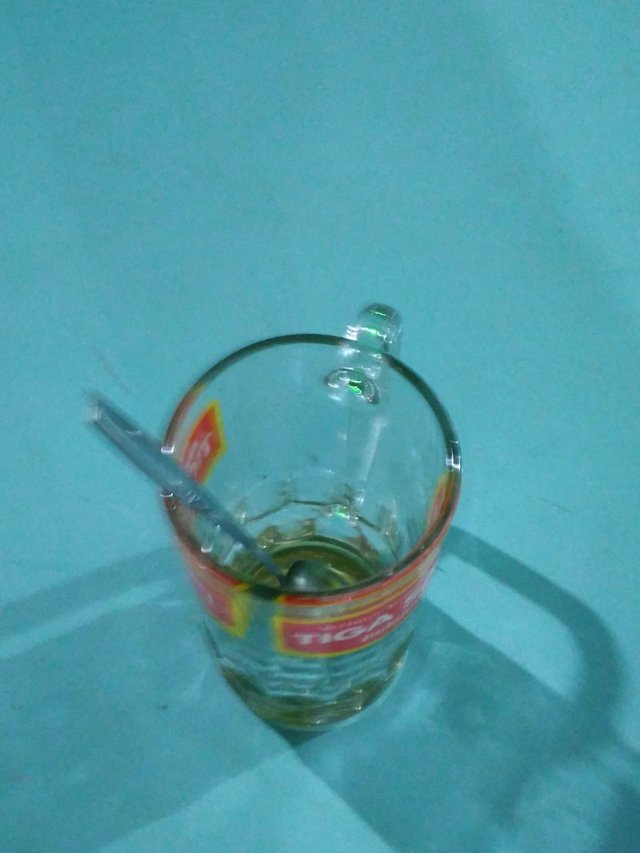Glasses are transparent, fairly powerful, usually unreacted with chemicals, and biologically inactive that can be formed with very smooth and watertight surfaces. Because of its very ideal glass is widely used in many areas of life. But the glass can break into sharp pieces. The properties of this glass can be modified and can even be changed entirely by chemical processes or by heating.
There are several properties of glass that can be said to have advantages compared with other materials, among others:

- Aesthetic or beauty properties
- Optical transparency (transparent)
- Elastic properties
- The properties of resistance to substances
But the lack of a glass is its brittle and fragile nature.
Technical Definition
Glass has several technical definitions that depend on the process of glass formation, atomic structure and its thermodynamic state.
Empirically:
Glass is a non-organic material resulting from the cooling process without going through the crystallization process.
Structured definitions:
Glasses are solids that do not have structures like ceramics or metals.
From the above definition can be concluded that there are several methods that can be done to make a glass, namely: - cooling process quickly
- polymerization process